Frequently Asked Questions
-
Please provide at least 24hr notice for cancellations.
If we do not receive 24hr notice there will be a $100 charge.
-
By not accepting insurance, we are able to better assist our clients and cater to their individual needs. In addition, we are not required to label or diagnose clients, which increases privacy, and prevents clients from having undesired labels attached to them long-term.
-
Ultimately, the client is in control of this depending on what their goals are and the frequency of their sessions. Sometimes clients need to take a break and may continue counseling at a later date. The client is always in control and is never “stuck” in counseling.
-
Fair question! There is so much clinical jargon such as “person-centered, psychodynamic, solution-focused, trauma-informed, CBT/DBT” and more. All of these terms are words used to describe different theories of psychology based on our work.
Depending on the client, and what their goals are, this will help dictate and guide which approach is utilized using our clinical knowledge and expertise.
This is a conversation that is always open for discussion with your counselor!
-
Equine Assisted Psychotherapy (EAP) is a treatment modality in which the horse is a partner in the therapy process, promoting growth and positive change.
Through non-riding activities you learn to overcome and conquer any challenges you may be experiencing.
Horses are a powerful therapeutic partner because of their unique ability to read people's emotions. As prey animals, horses are sensitive to human emotions and energy, immediately responding to nonverbal signals. Thus, the horse acts as a partner, providing instant feedback about how you are perceived.
-
The experiential nature of doing EAP activities with horses engages you in different ways than what takes place in a typical talk therapy setting.
This work allows many people to learn and change by doing as opposed to only talking. EAP allows you to make changes and practice new responses “in the moment.” Due to this format, issues that can take many sessions to talk through.traditional therapy can come to light faster with equine therapy.
Most psychotherapies are focused on verbal content while EAP emphasizes the non-verbal components that come up naturally when working with horses.
EAP takes you out of your element, challenging your conceptions of what therapy is, making it easier to let your guard down to simply interact with the horses.
